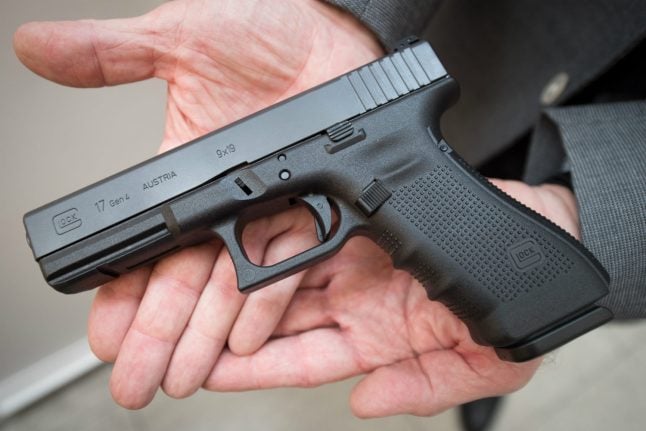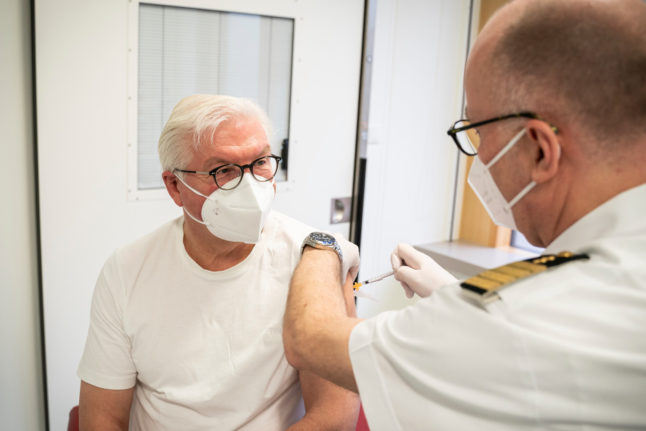The bodyguard of the Federal Criminal Police Office (BKA) reported his service weapon missing around 4am on Wednesday morning, according to BKA, reports the Tagesspiegel.
The gun is said to have gone missing in a three-star hotel in the gritty southern Berlin district of Neukölln, near the Grenzallee underground station.
A search is now underway for the ‘Glock 17’ pistol, which was lost along with its ammunition.
According to reports, the officer is from the personal protection unit in the Lower Saxony State Criminal Police Office, who currently works for the BKA in 'Security Group 1'.
That unit is responsible for protecting incumbent and former federal presidents, and is based in the Treptow district, 15 minutes away from the hotel where the gun disappeared.
SEE ALSO: Five things to know about guns in Germany
Initial reports said the man was a bodyguard for current president Steinmeier.
The officer has been suspended from his duties while the probe is underway. The Berlin public prosecutor's office has taken over the investigation.



 Please whitelist us to continue reading.
Please whitelist us to continue reading.
Member comments